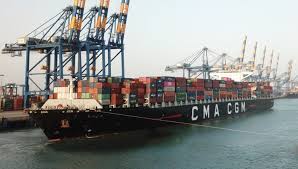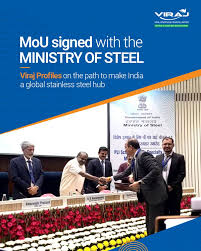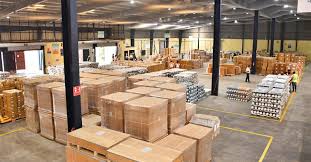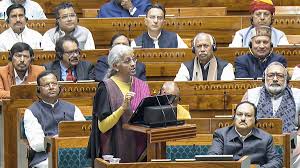Union Minister Pralhad Joshi launches a groundbreaking “Coal Logistics Plan and Policy,” signaling a transformative shift in India’s coal transportation paradigm.
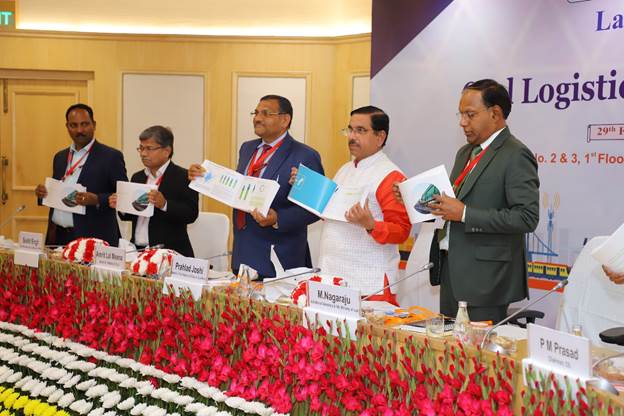
Union Minister of Coal, Mines, and Parliamentary Affairs, Pralhad Joshi, inaugurated the “Coal Logistics Plan and Policy” at Vigyan Bhawan, New Delhi. Stressing the need for streamlined logistics to meet escalating energy demands, Joshi outlined the plan’s focus on a railway-based system for First-Mile Connectivity (FMCs) projects.
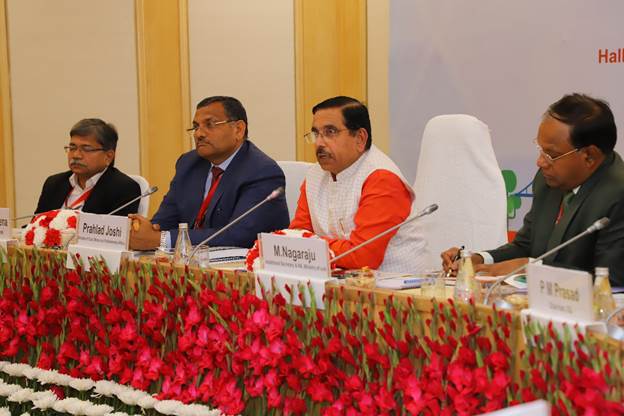
This strategic move targets a substantial 14 percent reduction in rail logistic costs, translating to an annual saving of ₹21,000 Crore. The approach aims to minimise air pollution, reduce traffic congestion, and slash carbon emissions by about 100,000 tonnes annually.
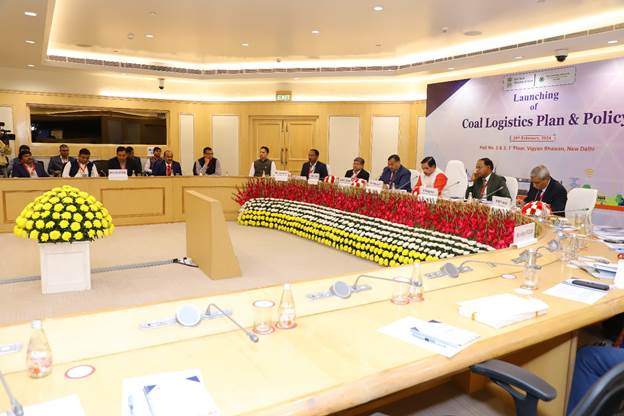
Highlighting integrated transportation, Joshi underscored Rail-Sea-Rail (RSR) integration, with a notable 50 percent growth over five years and plans for expansion to 120 BT by FY 2030. Additionally, 37 critical railway projects align with PM Gati Shakti to meet future coal evacuation needs, with 15 projects already commissioned to address multimodal connectivity gaps.
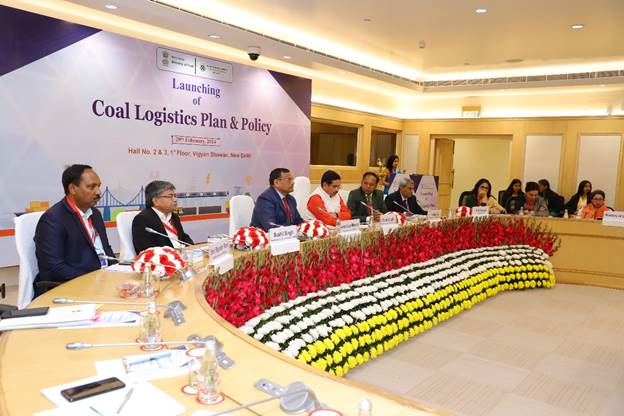
Secretary of the Ministry of Coal, Amrit Lal Meena, reiterated the commitment to efficiency and infrastructure. Proposals for extensive energy corridor projects, new railway lines, and capacity augmentation were emphasised. Additional Secretary, M Nagaraju, highlighted the Ministry’s Integrated Coal Logistics Policy, aiming for a technologically enabled, cost-effective, and sustainable logistic ecosystem.
The subsequent panel discussion, chaired by Nagaraju, saw industry leaders deliberating on holistic approaches to coal transportation. Discussions centered on achieving self-reliance in the coal sector through research, technical optimisation, and resolving transport constraints.
The launch of the Coal Logistics Plan stands as a significant milestone, reflecting India’s commitment to modernise coal transportation, enhance efficiency, and promote sustainability. Collaboration between government bodies, industry leaders, and stakeholders positions India to harness the full potential of its coal industry, ensuring a resilient and sustainable energy future.


